My father did not like poets. He didn’t see the point of poetry but was able to recite Rumi in Farsi, Iqbal in Urdu and Kabir’s dohas, with the ease of one born into literary royalty (he wasn’t). The son of shopkeepers, he often commented on the fact that he was the first in his family to go to college. He encouraged us all (three siblings) to read. Once I was able to read and reach the shelves, his library was a source of delight and awe. It had started life as a law library, filled with fat dusty law books on ‘jurisprudence’ and ‘litigation.’ These were not very interesting to a ten-year-old and their only function was to serve as footstools so I could reach the ones I wanted. And I wanted Bacon (The Wisdom of the Ancients) and Lamb (Essays of Elia) and Chesterton (Father Brown). I confess to misreading Chesterton as Chestnut and loved that English writers also had comical surnames, reminding me of Bohra and Parsi surnames that we regularly giggled over, like Batliwala, Daruwala and Ganjifrockwala.
I have no idea how my father acquired these books, all leather bound and gold embossed. They may have been some bought ‘by the kilo’ from secondhand markets on Sunday where all manner of things could be bought, or he might have sought them specifically and somehow found the money to pay for them. For books were expensive and money was scarce. It was a patriarchal (colonial) collection. Even Shelley, Byron, Keats and Coleridge took precedence over Jane Austen and Emily Bronte, whose books I was obliged to steal from my college library when I was 16. Apart from this aberration, I never had to borrow, buy or steal a single work of colonial literature as a student. My father’s library had them all. The other unusual aspect of this collection was that I never once saw him read any of the books. He was a hardworking lawyer/farmer/landlord with multiple and competing allegiances that seemed to require all his energy, leaving no reading-at-leisure time. He did have Speeches of Winston Churchill and Indian History by Sir Vincent Smith on hand, though. He was able to quote shockingly racist facts by both these worthy individuals with ease. I was never sure if he did this as critique or agreement. It was my father’s voice that first informed me that Churchill had called Gandhiji a naked fakir, and my father’s voice recited the litany of lies that posed as the British History of India, according to Sirs Vincent and Stanley.
But it was Hitler’s Mein Kampf in its original German that provided endless hours of fun for my brother who convinced us he could speak German by randomly quoting lines he had memorised. My brother’s other favourite book was The Prince by Machiavelli; so maybe we should have worried about him then. Now that I can no longer do so, I would have liked to know how and why my father acquired a copy of Mein Kampf. The books I loved the most were the conquistador books, and I have written about them in my novel The Historian’s Daughter. Blue-spined, silver-edged, front covers embossed with strange faces. And they were all exactly the same size, so no one knew when I took one out and accidentally mis-shelved it. I loved them because they were small enough to fit in my hands and included pictures of the Lords Clive, Dalhousie and Mountbatten, among others. They also described the crimes of the British Empire by making them sound luxurious rather than heinous, and later, this would lead me to consistently notice and critique British Indian narratives in all their forms, historical and fictional. If it is possible to be an anti-fan of Kipling, Forster, Scott, Kaye et al, then that’s who I am.
Of course, it wasn’t all Classics and Skittles. I read Trash (as defined by my father). An uncle brought in the entire Perry Mason series, a cousin provided Alistair Maclean and Agatha Christie, my sister dumped Mills & Boons at my feet. Another cousin introduced me to comics, specifically The Phantom and Mandrake the Magician. On my own, I found Archie and Casper and Little Lotta. Later, girlfriends with readerly parents would casually pass on their Harold Robbinses and James Hadley Chases, and I received an education unhindered by taste or morality. I had the good sense to hide The Carpetbaggers with its salacious cover under my bed.
These treasures no longer exist. I have a couple of moth-eaten copies of the stolen Austen and Bronte and a couple from that magic room of books. Silverfish, family relocations and smaller homes have taken their toll. The library is now a room that houses a family – the house itself divided so many times, it is a fragment, not an entity. I visit it in the only way possible, as a child, gently, unwilling to disturb the ghosts, because memory, as Beejay Silcox says, ‘is a conversational battlefield.’
Rashida Murphy is the author of The Historian’s Daughter and The Bonesetter’s Fee & Other Stories. Her prose and poetry is widely published and anthologised. She lives in Perth, Western Australia, with too many books, a multilingual cat and a patient husband. More information can be found on her website: https://rashidawritenow.com/

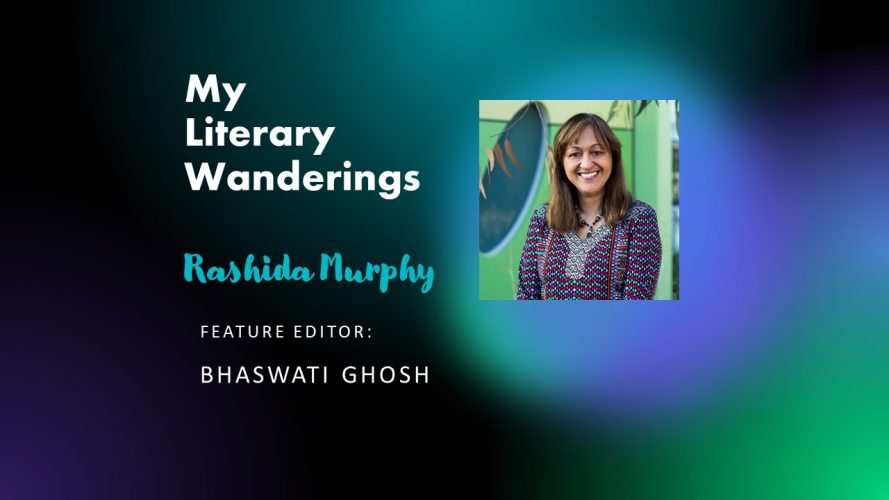

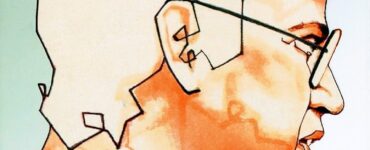

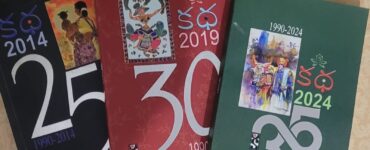

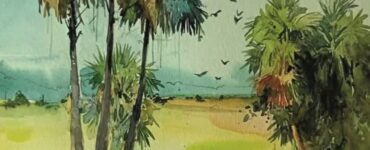
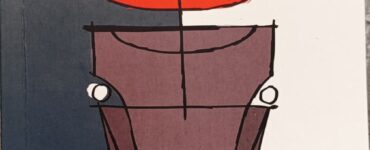
This is absolutely wonderful. Thank you!